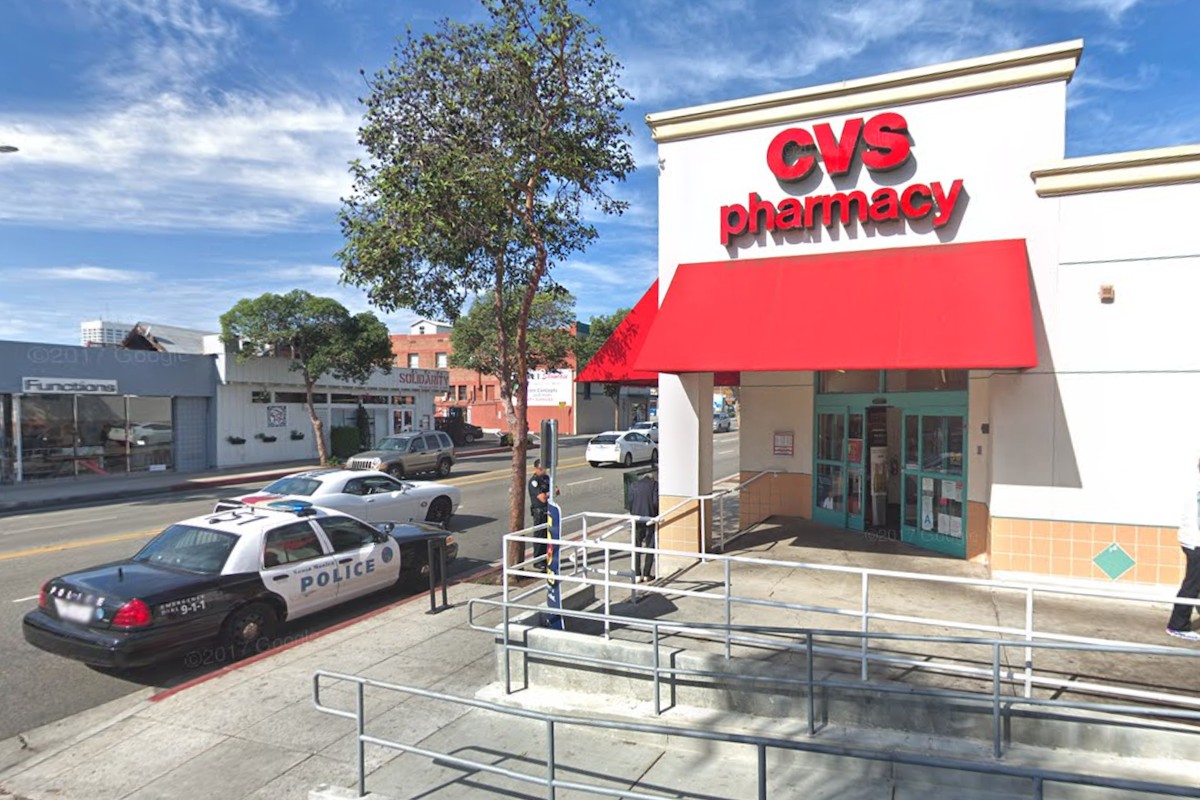Santa Monica
councilwoman Pam O’Connor joined local leaders from throughout Southern California Wednesday in pushing for long-term funding to fix the nation’s crumbling transportation infrastructure and create a first-of-its-kind dedicated freight program.
With the current transportation funding law expiring on May 31, Southern California leaders are fearful of another short-term extension that fails to address long-term needs.
“I don’t know that the average person realizes how far we’ve fallen behind in terms of the safety and adequacy of our highways and bridges. Our freight infrastructure alone has fallen to 17th in the world, which is unacceptable, embarrassing and costs us in so many ways,” said O’Connor, a Past President of the Southern California Association of Governments (SCAG). “Congress has to step up, and now is the time to do it.”
SCAG, the nation’s largest metropolitan planning organization, is co-sponsoring this week’s annual meeting of the Coalition for America’s Gateways and Trade Corridors, which is pushing for a national freight program to help relieve bottlenecks that delay shipments, raise costs and jeopardize the nation’s vital goods movement industry. In Southern California, freight and goods movement – directly or indirectly – represent one-third of all jobs and economic activity.
At Wednesday opening of the CAGTC conference, U.S. Rep. Alan Lowenthal (CA-47) repeated his call to action for a national trust fund to pay for freight-related infrastructure projects.
Lowenthal has introduced a bipartisan bill – H.R. 1308, Economy in Motion: The National Multimodal and Sustainable Freight Infrastructure Act – which would raise roughly $8 billion a year through a 1 percent waybill fee.
“People are fond of saying the system is broken,” said Lowenthal, whose district includes Long Beach and portions of Orange County. “This is more than a broken system. This is a crisis of great magnitude.”Lowenthal’s concerns were echoed by U.S. Rep. Richard Hanna (NY-22), who conceded a short-term extension is more likely to happen than not.
“Everyone wants a long-term transportation bill. Nobody wants to talk about how to pay for it,” Hanna said. “I encourage you to pound on everyone’s door, pushing them to stick their necks out. Our system of transportation should be a world leader and we aren’t right now.”
O’Connor said she was both encouraged and discouraged by what she heard.
“It’s clear to me that transportation funding is on the radar screen. What we need, though, is less talk, more action,” O’Connor said.
She said expiration of the current funding law is just one element in a “perfect storm” of problems threatening the nation’s transportation system. The Highway Trust Fund, which pays for highway improvements from federal gas tax revenues, faces insolvency later this year. Meanwhile, needs are growing. The latest report card on U.S. infrastructure from the American Society of Civil Engineers, which supports Rep. Lowenthal’s bill, rated America’s national bridges and rail system with a C+, ports with a C, and roads with a D. In California, Gov. Jerry Brown has identified a $59 billion backlog in transportation improvements across California.
“Two thousand bridges in Southern California don’t meet government standards. That’s just one area where our inability to keep pace not only is costing us, but creating serious safety concerns,” said Hasan Ikhrata, Executive Director of SCAG.
SCAG’s 2012-2035 Regional Transportation Plan/Sustainable Communities Strategy showed that every $1 invested in transportation improvements brings a return on investment of $2.90.
To help highlight the need for freight funding, CAGTC has launched a new “Freight Can’t Wait” campaign with a booklet of gateway and corridor projects that would offer economic benefits and congestion relief if Congress will pass a surface transportation bill with a fully funded freight grant program.
Among the programs highlighted in the campaign is the Alameda Corridor-East Construction Authority, which oversees a variety of projects intended to mitigate the adverse impacts at rail-roadway crossings in the San Gabriel Valley of increasing rail traffic along the ACE Trade Corridor.
“We are pleased to stand with Congressman Alan Lowenthal and other freight champions in calling on Congress to pass a long-term national surface transportation bill that must include a robustly funded freight infrastructure funding program,” said Mark Christoffels, Chief Executive Officer for ACE. “A national freight program is urgently required to maintain America’s competitiveness in global markets and to mitigate the environmental and community impacts of goods movement through leading trade gateways and corridors such as those in Southern California.”
Stephanie Wiggins, Interim Deputy Chief Executive Officer for the Los Angeles County Metropolitan Transportation Authority, said the entire transportation grid benefits from adequate freight funding.“We need this in Southern California,” Wiggins said. “Ours is one of the most congested regions in the country, and we can’t afford to continue pushing important transportation funding measures down the road. Our region and our nation deserve a highway, transit and freight system in a state of good repair.”
In announcing his call to action, Rep. Lowenthal said, “The heart of our national economy is our goods movement system, but our ports, bridges, highways, and rail systems are falling apart around us. What was once a transportation system envied by the rest of the world has now gone underfunded for more than a decade. To remain competitive as a nation we must invest in our national freight infrastructure–repair it, and upgrade it.”












